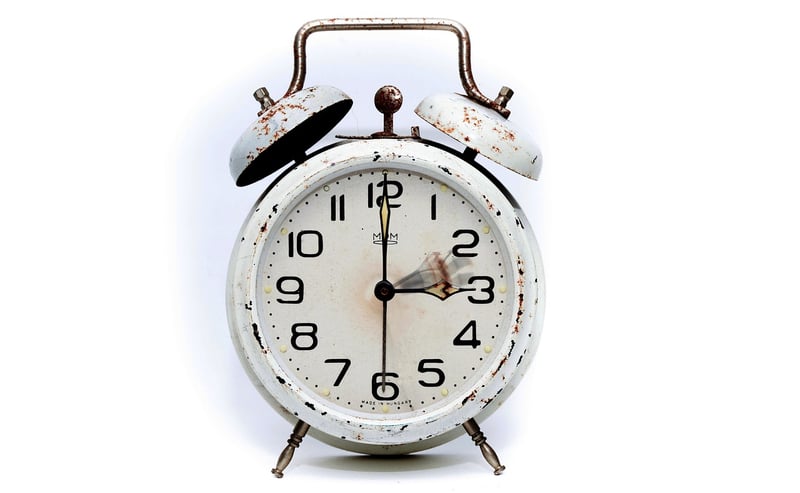Time Continuum
Understanding Time-Travel Rules and the Time Continuum
Time travel has always been a fascinating concept, often explored in science fiction literature and movies. While it captures our imagination, time travel comes with its own set of rules and implications. Let's delve into understanding the basics of time-travel rules and the time continuum.
1. The Grandfather Paradox
The Grandfather Paradox is a common time-travel conundrum. It posits that if a time traveler were to go back in time and prevent their grandparents from meeting, it would create a paradox where the time traveler would never be born. This paradox questions the possibility of changing the past without potentially altering the future.
2. Fixed Timeline vs. Dynamic Timeline
In time-travel stories, two main types of timelines are often depicted: fixed and dynamic. In a fixed timeline, events cannot be altered regardless of time-travel interventions, as they have already happened. On the other hand, a dynamic timeline allows for changes to the past that can directly impact the present and future.
3. Alternate Realities and Parallel Universes
Time travel can also lead to the creation of alternate realities and parallel universes. When a time traveler changes the past, it can result in diverging timelines where multiple realities coexist. This concept opens up possibilities for exploring different outcomes and versions of reality.
4. Time Continuum and Causality
The time continuum refers to the linear progression of time from past to present to future. It encompasses the idea that every event is causally connected to the events that precede and follow it. Time travelers need to consider the implications of altering causality and potentially disrupting the natural flow of time.
5. Temporal Loops and Paradoxes
Temporal loops and paradoxes are common themes in time-travel narratives. A temporal loop occurs when an event causes itself, creating a cycle without a definitive beginning or end. Paradoxes, like the Bootstrap Paradox, involve events with no clear origin, leading to logical contradictions.
Understanding the rules and concepts surrounding time travel and the time continuum can enhance our appreciation for the complexities and possibilities of this intriguing concept.

Exploring these ideas in fictional narratives allows us to contemplate the nature of time, causality, and the interconnectedness of events across different temporal planes.
Remember, while time travel remains a captivating subject for storytelling, its theoretical implications and paradoxes continue to spark curiosity and philosophical debates.
